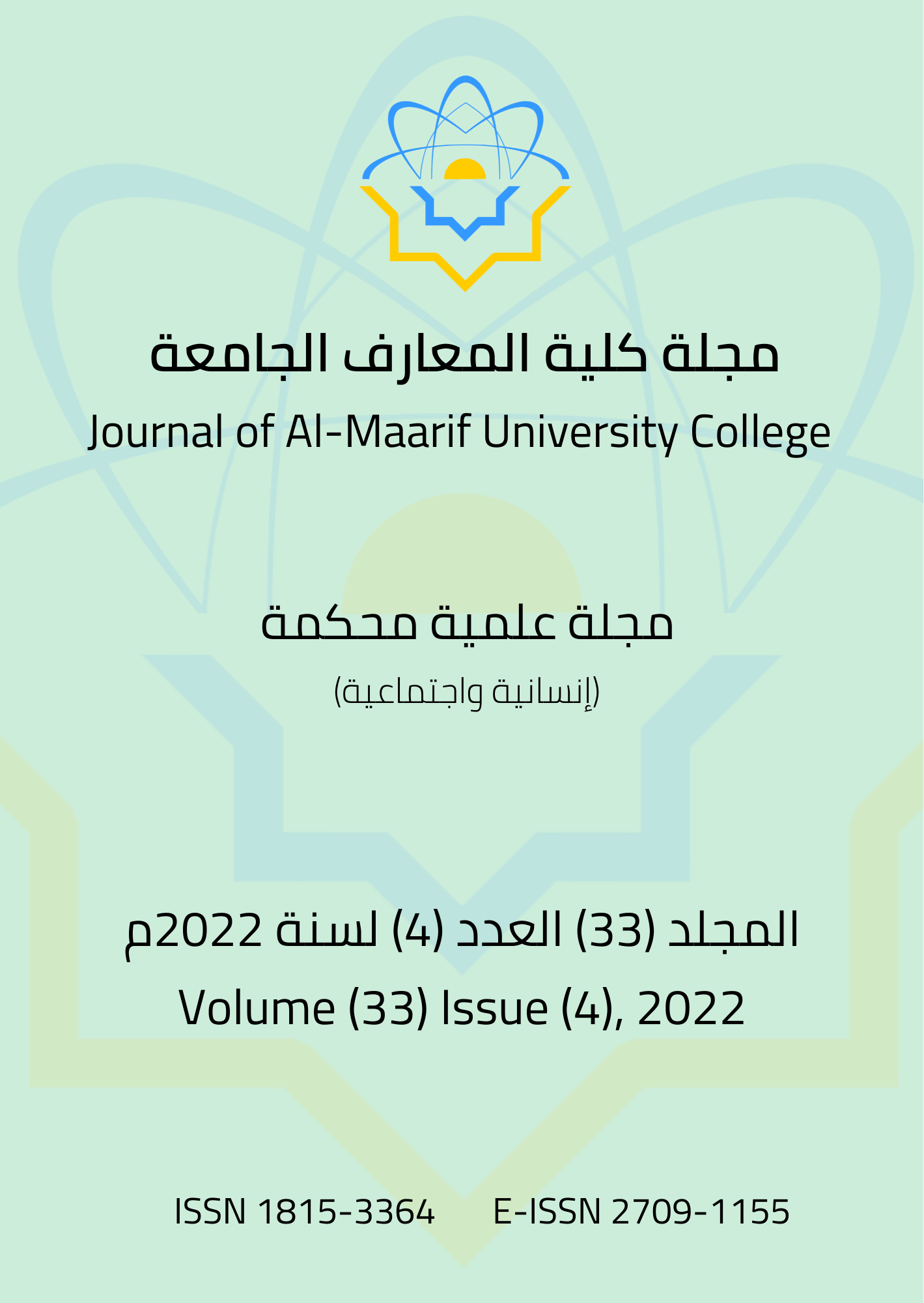Issue Introduction
Main Article Content
Abstract
Issue introduction
By:
Assoc. Prof. Dr. Mohammed Abdulhakim Alsaadi
Editor in Chief
The idea, precedence, and creativity. Is it one of the types of gain which return is confined to those who preceded it, or is it a common space available to everyone whose fields have realized it? The idea, precedence, and creativity. Are they materialistic actions that benefit those who thought, created, and preceded? Or are intellectual free thoughts that cannot be imprisoned for everyone who seeks intellectuality benefits? are ideas and intellectual thoughts seeking people? Or do people strive for them to seek protection from its sources? Abstract questions spring to mind when talking about intellectual production and the rights related to it for both the producer of the thought and the beneficiary of it. If we agree that thought is a “thing”! God Almighty says do not underestimate people their things. And here the sparkle of the Holy Qur’an shines, decisively igniting every controversy, illuminating the path to mediation and balance that governs beings by his order to the creation, which set the balance and established the rules of justice.
Intellectual production is not an exception, as rights should not deviate from the requirements of justice, balance and moderation. The idea should not be cheaply stolen by everyone who heard it, nor is the idea monopolized by people who are greedy. Hence, humanity was guided to intellectual property rights, and the civilized world began to establish the foundations of research and intellectual ethics in terms of benefiting from the tangible and moral fruits of intellectual production.
Perhaps this dreamy introduction would be one of the keys to our dialogues in the ethics of scientific research. Let us start with intellectual property in terms of its definition and its divisions according to contemporary concepts: “Intellectual property refers to the creations of the mind such as inventions, literary and artistic works, designs, logos, names and images used in commerce. Intellectual property is legally protected by rights including, for example, patents, copyright and trademarks that enable people to gain recognition or a financial benefit from their innovation or invention. The intellectual property system, by establishing a proper balance between the interests of innovators and those of the general public, aims to provide an environment conducive to the flourishing of creativity and innovation. Global Intellectual Site.
Our current issue contains a diversity of intellectual production between Quranic, linguistic, and legal studies, the reader finds its details in this majestic book. I will not list its details here, as usual, but will suffice with flashes of scientific research ethics dialogues. Taking advantage of the opportunity to usher in a new solar year that has shone on the universe with the aspired hope of God Almighty that safety prevails and the light of faith prevails over people’s morals.
Article Details

This work is licensed under a Creative Commons Attribution-NonCommercial-ShareAlike 4.0 International License.

